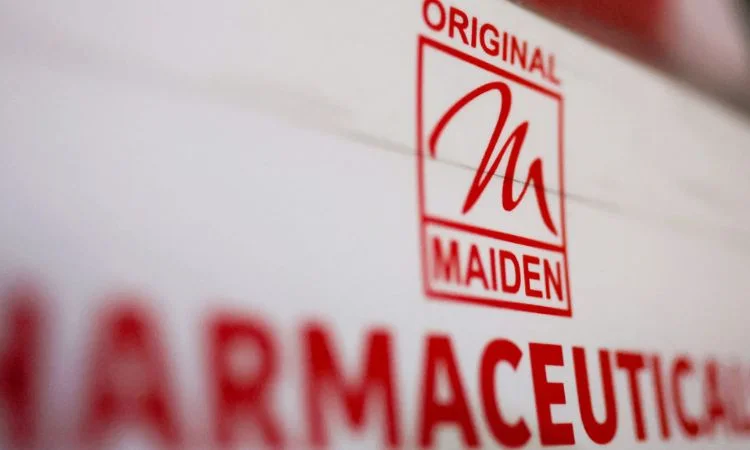The World Health Organization has connected Maiden syrups to the deaths of 70 children in Gambia last year, but further tests at an Indian government laboratory revealed that the syrups were not harmful.

Maiden Pharmaceuticals of India, whose cough syrups have been connected to the deaths of children in Gambia, denied tampering with test samples or bribing officials to do so on Saturday, as alleged in a complaint under investigation by local health officials.
An investigator with the Haryana Food and Drug Administration told Reuters on Friday that he was nearing the end of an investigation into whether a state drug regulator was bribed to switch samples tested by the Indian government that contradicted the World Health Organization’s findings of toxic substances in cough syrups.
“I have never changed the sample,” said Maiden creator Naresh Kumar Goyal, according to Reuters. “We have no evidence or proof against us.” I did not pay a bribe.”
He claimed that neither he nor any of his company’s representatives had been summoned to appear before the investigator, Gagandeep Singh, joint director of the state agency.
Goyal stated that the lawsuit was filed by a competitor but did not name them.
Singh did not respond to Goyal’s statement.
The WHO has connected Maiden syrups to the deaths of 70 children in Gambia last year, while the Indian government claims that further tests at an Indian government laboratory revealed that the syrups were not harmful.
Singh told Reuters on Friday that his agency had received a detailed complaint alleging that the state’s drug regulator assisted in the switching of test samples before they were transported to an Indian laboratory in exchange for a bribe of 50 million Indian rupees ($600,000).
Manmohan Taneja, the regulator, did not reply to phone calls and emails seeking comment. He told Reuters in October that the bribery investigation was based on a “fake complaint from a fake person” and that “anyone can send any fake complaint against anyone.”
Reuters claims that they were unable to independently confirm the payment of any bribes.
Goyal stated that his plant, which was closed by the government in October 2022 after the fatalities in Gambia were revealed, was now being renovated and that he had asked officials to evaluate the site so that it might be reopened.
“There was no fault in the factory, but since they pointed out some things, we have rectified them,” he went on to say. “We are doing our best, and we are pursuing the matter with the appropriate officers.” That’s all we have.”
The Indian Ministry of Health did not respond to a request for comment.
According to Reuters, two sources with direct knowledge of the situation said the Indian government was in no haste to reopen any of the three Indian pharmaceutical companies, including Maiden’s in Haryana state, that have been linked to at least 141 deaths in Gambia, Uzbekistan, and Cameroon since last year. Given the risk of a bad public reaction, one of the insiders stressed that no decision would be made before the general election next May.














